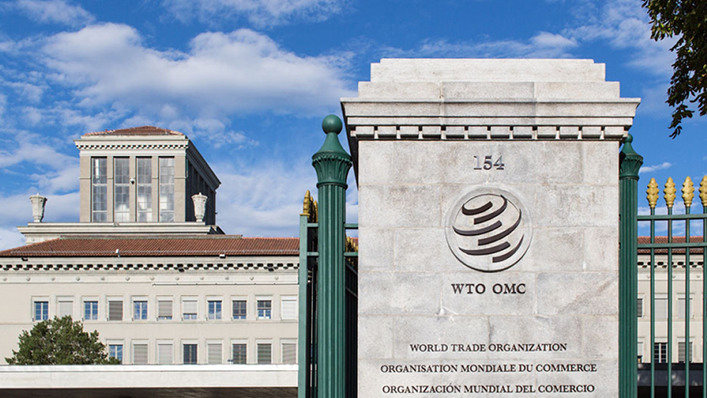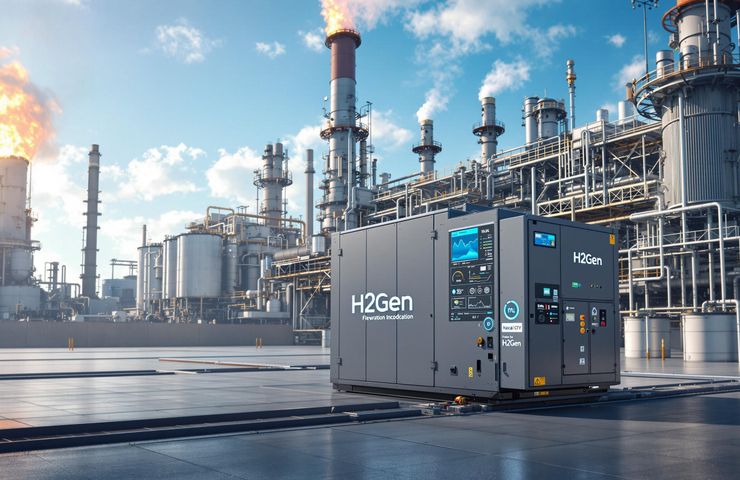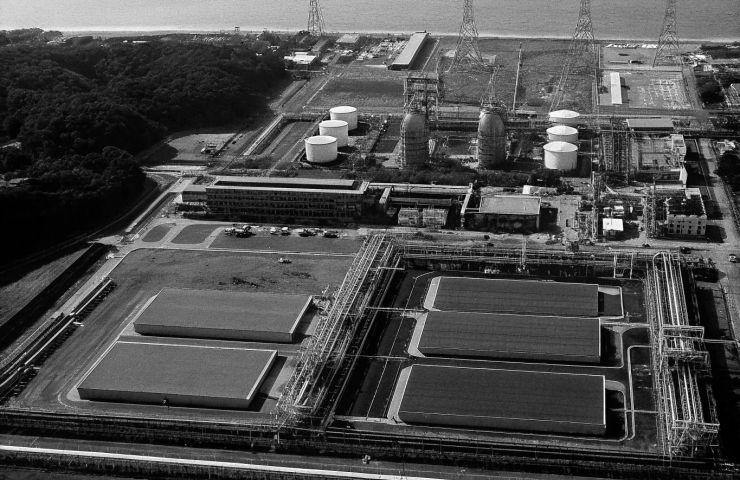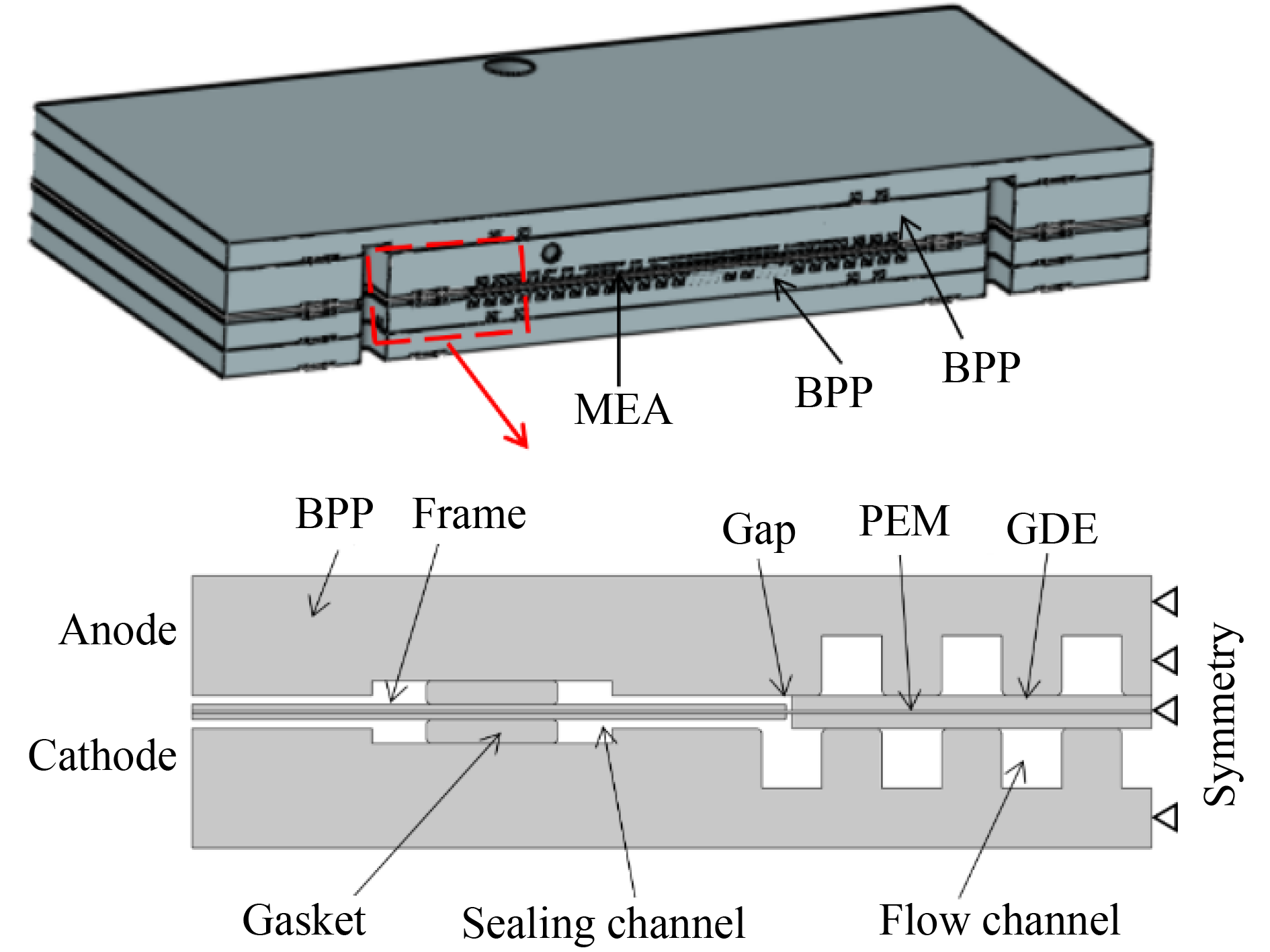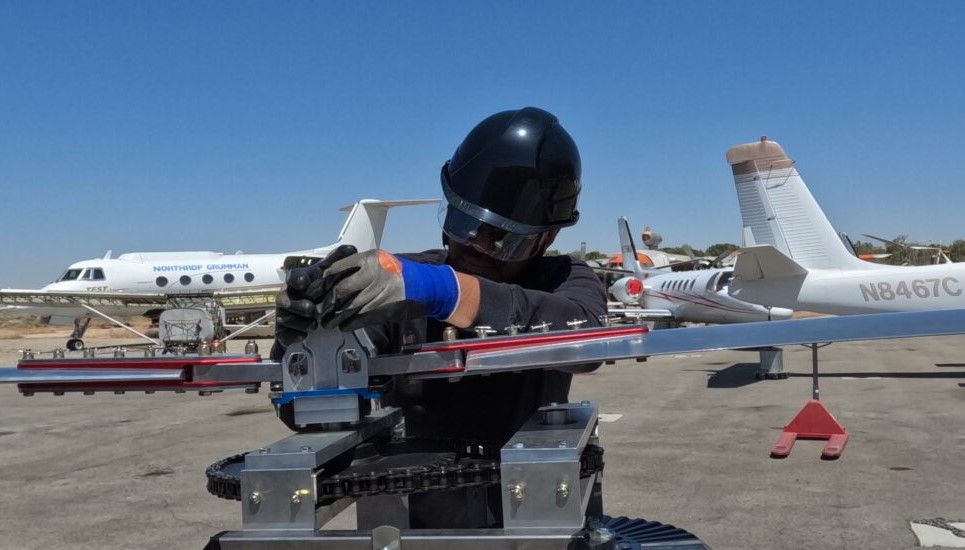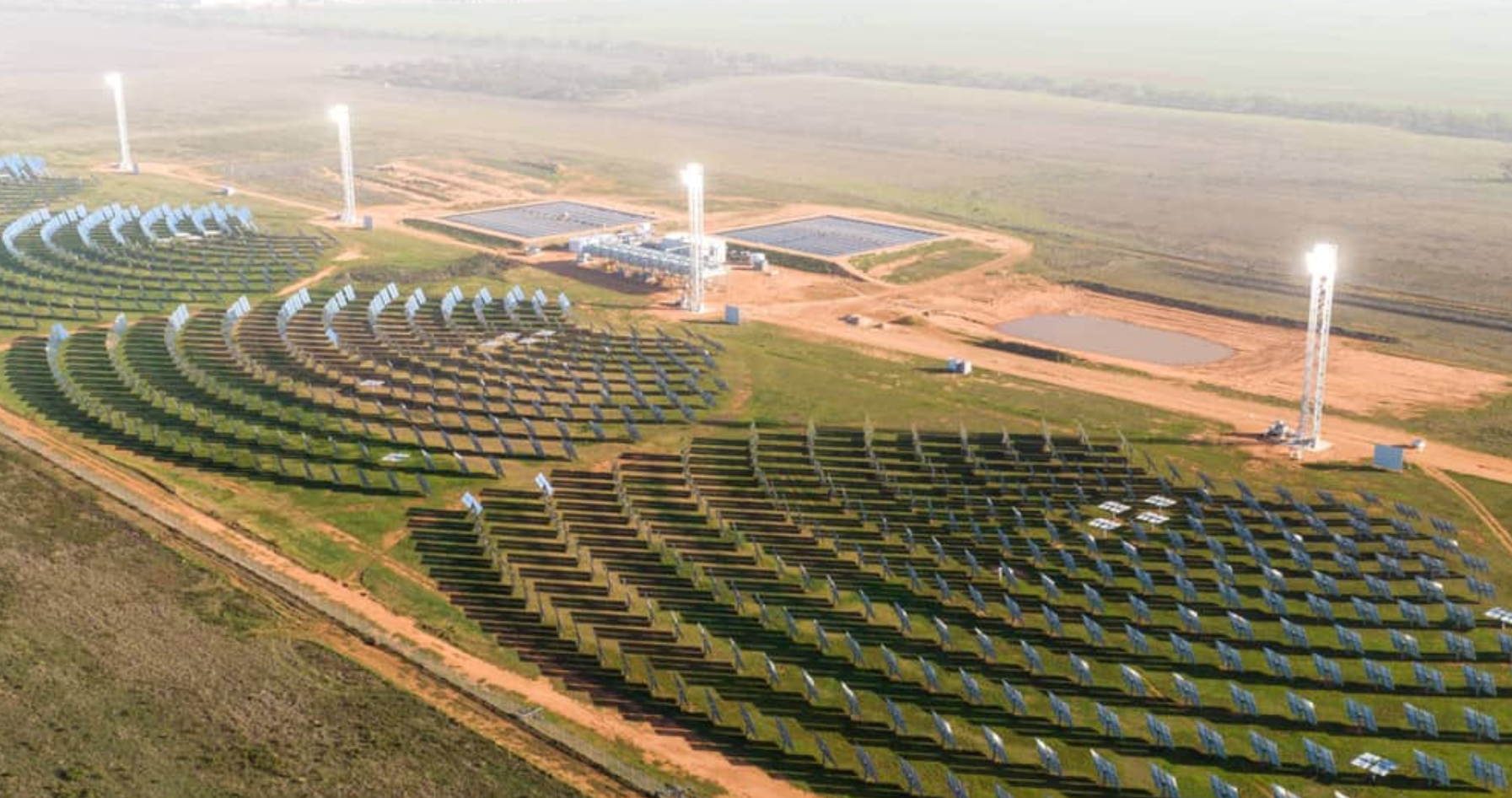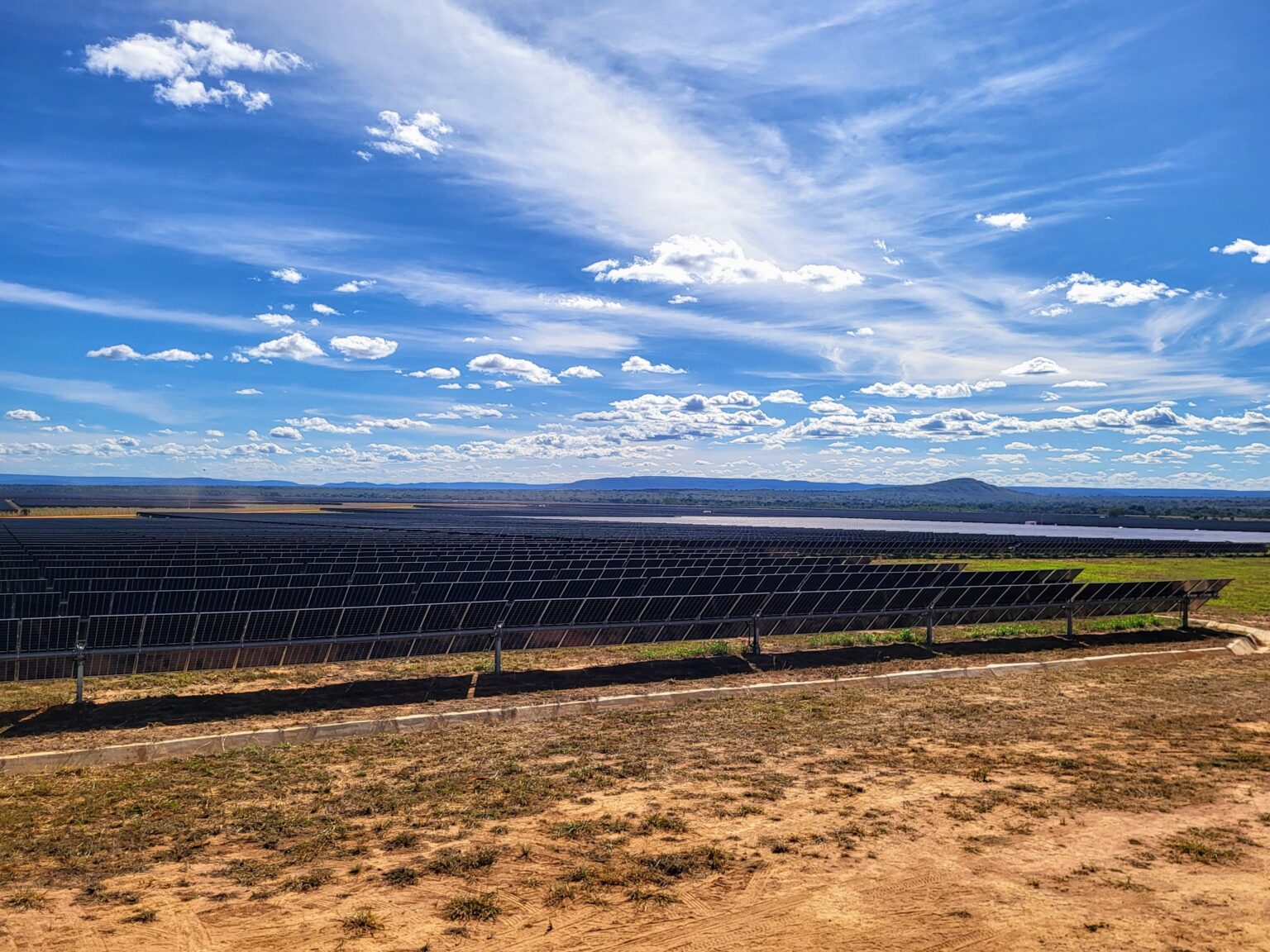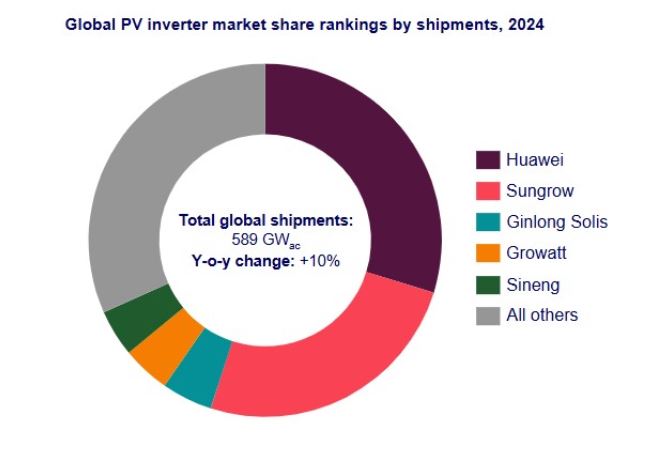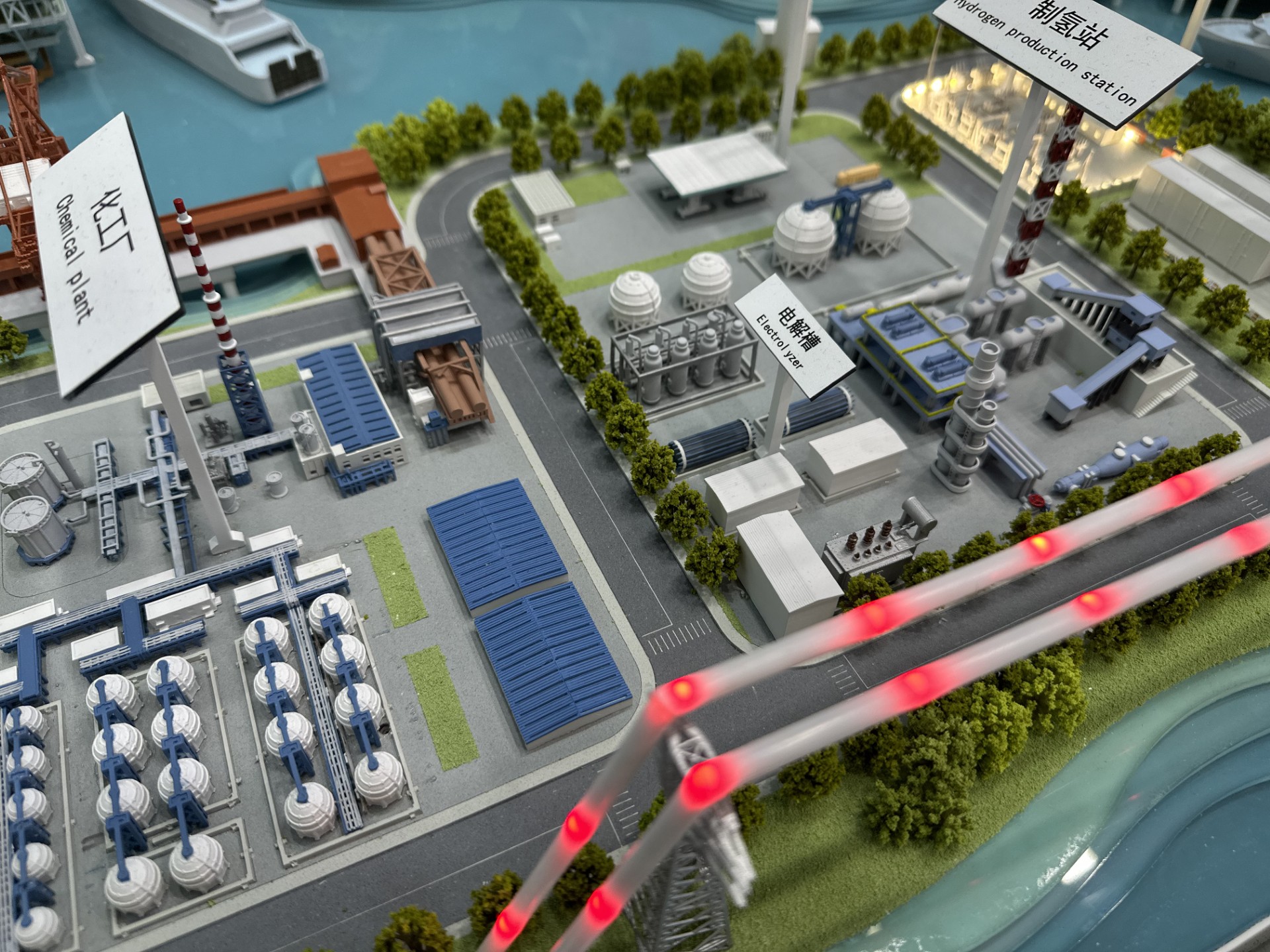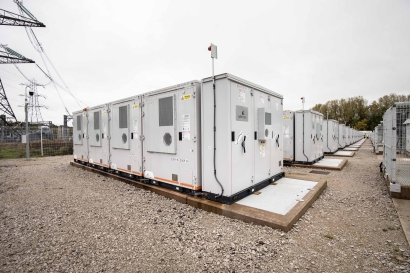Superdielectrics unveils Faraday 2 battery as a polymer-based alternative to Li-ion
Superdielectrics launches the Faraday 2 battery, advancing a water-based, metal-free approach to home storage, from a UK-based facility.
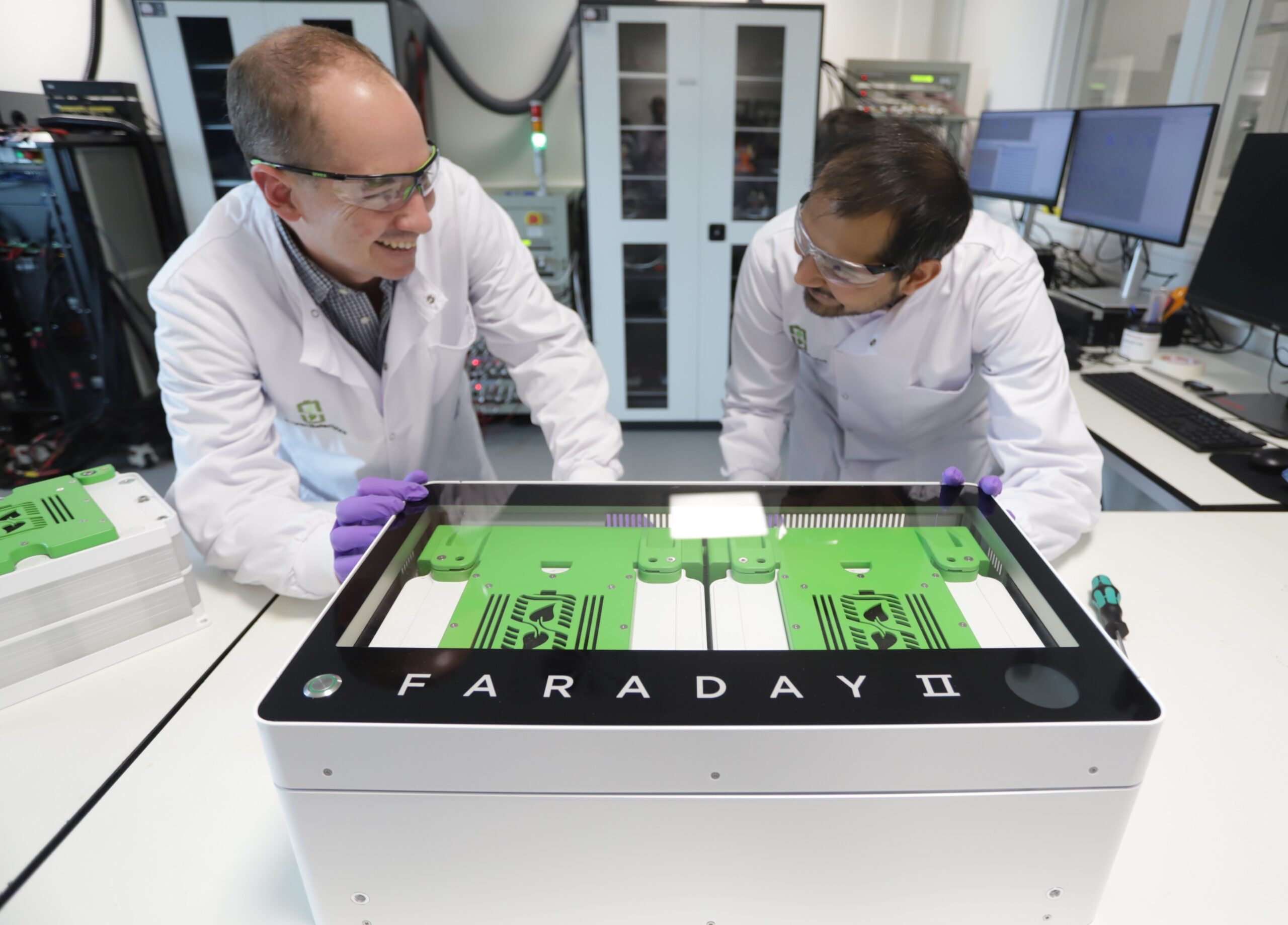
Superdielectrics launches the Faraday 2 battery, advancing a water-based, metal-free approach to home storage, from a UK-based facility.
From ESS News
UK-based Superdielectrics has launched the second-generation version of its polymer battery, the Faraday 2, aimed squarely at residential energy storage. The system is designed as a home-scale alternative to lithium-ion battery energy storage, offering what the company describes as a safer and more sustainable solution using water-based, contact-lens-derived polymers. These materials avoid the use of rare earth or critical metals, instead relying on non-toxic components intended to lower cost and reduce fire risk.
The Faraday 2 builds on the earlier Faraday 1 prototype, introduced last year, and continues the company’s development of aqueous, contact-lens-derived polymer membranes.
While technical specifications remain limited, Superdielectrics says another key benefit is that the Faraday 2 can fully charge in around 30 minutes and may exceed the lifecycle of existing battery chemistries. It is said to outperform lead-acid batteries in energy density and is targeting future parity or improvement over lithium-ion. However, no detailed figures on energy or power density, efficiency, or degradation have been released.
To continue reading, please visit our ESS News website.
What's Your Reaction?










